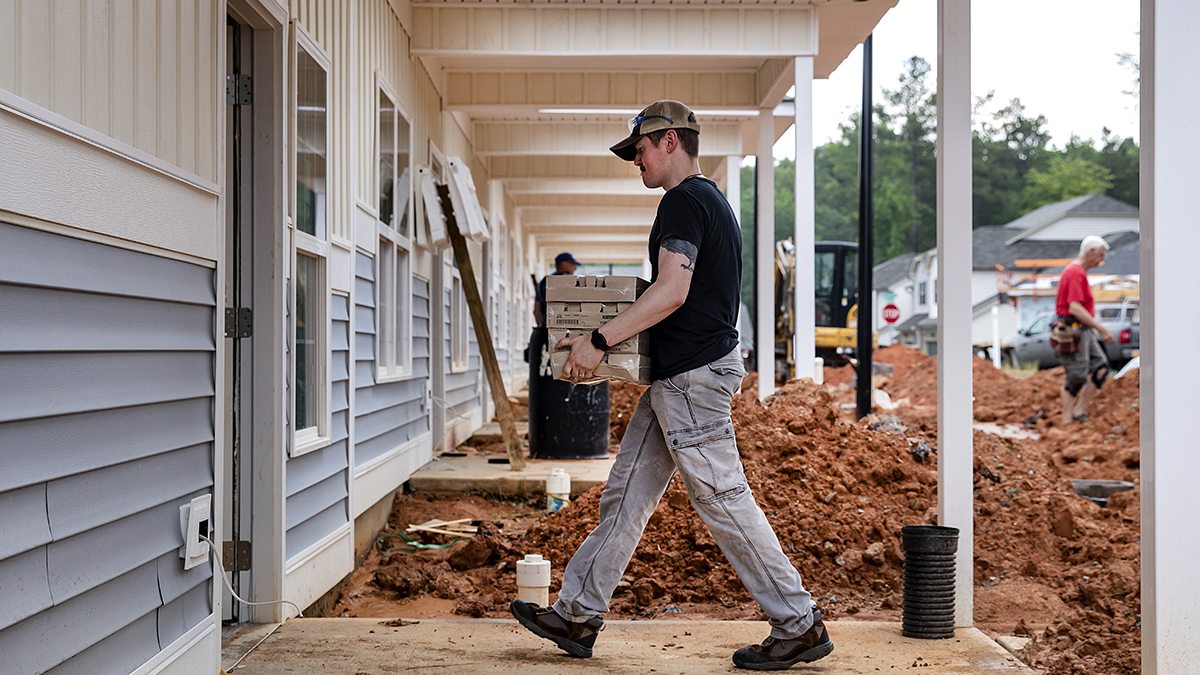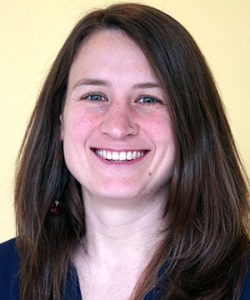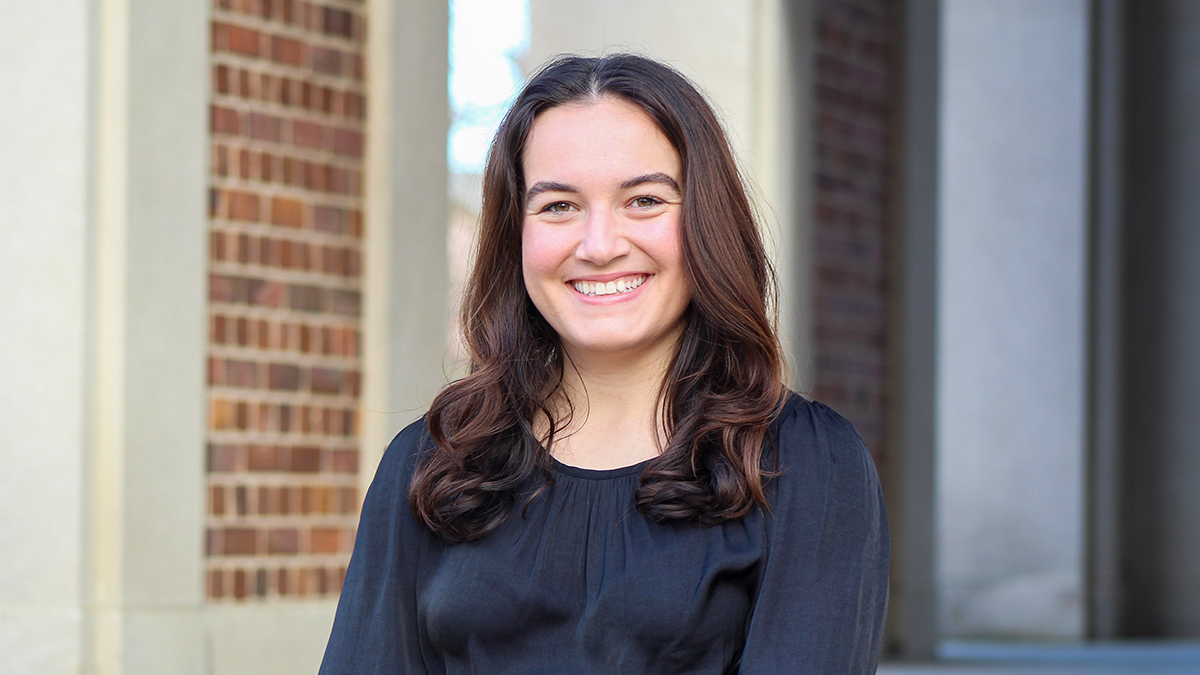Using community service leave to give back
Carolina staff members are using their Community Service Leave to give back to their communities, including volunteering at learning sites set up for children of frontline medical workers and other essential employees.

Did you know that many Carolina faculty and staff are eligible for a special type of paid time off specifically designated for community service?
In partnership with Durham Public Schools Volunteer Medical Corps, Jennifer DeNeal, associate director of the UNC-Chapel Hill Office of Ethics and Policy, used the Community Service Leave program in 2020 to volunteer at learning sites set up for children of frontline medical workers and other essential employees. DeNeal showed up early in the mornings to distribute hand sanitizer and take the temperatures of a group of—in her words—“very tired and very great middle school kids.”
The CSL program, which compensates faculty and staff for time spent serving their surrounding community, was expanded in 2020 to provide employees more opportunities to get involved with initiatives specific to COVID-19.
According to DeNeal, the expanded CSL gave University faculty and staff more opportunities to give back at a time when remote work made many schedules more flexible. She said that getting her supervisor’s approval was very easy.
“We got the extra community service leave specifically for COVID because there were so many needs and so many opportunities to help—and people had more flexibility to take advantage of those,” she said.
In the spring of 2021, when COVID-19 vaccine roll-outs first began for non-medical workers, DeNeal found another impactful way to give back through the use of her CSL. She volunteered with the UNC Friday Center’s vaccine distribution efforts, helping with activities like passing out masks, asking patients screening questions and waiting with patients after their vaccination to ensure they were feeling okay.
DeNeal described the experience as extremely rewarding because vaccine recipients were so happy and grateful.
Emily Spangenburg is another Carolina employee who has used CSL to serve her community. As a bilingual program assistant with the UNC School of Law, her primary role at Carolina involves interpreting for clients who speak Spanish.
Outside of work, Spangenburg has transferred this skillset to assist Spanish-speaking migrant farmworkers—a community she described as being often overlooked in our society.
“Where they live and work is typically pretty remote, so I think that outreach work with the farmworker community, in general, is very important to do. It’s really great to connect with people who are doing that kind of work, and it feels like an honor to be part of that.”
After hearing of a call for interpreters to assist at vaccination events geared toward these communities, Spangenburg knew just how she would use her CSL. At the events, Spangenburg disseminated information about vaccines, interpreted for patients and nurses and helped answer any questions she could for those in need of translations.
Spangenburg said she sees CSL as “a chance to connect with the world outside of our own offices or departments.”
Both Spangenburg and DeNeal said they would encourage their fellow University employees to consider using CSL.
“We are a large community of enormously talented individuals at all levels, in all departments. If we were all to sit down and think about how we could make a difference outside of our own jobs, I don’t know what we could accomplish, but I know it would be awesome,” DeNeal said.
DeNeal emphasized the CSL program’s potential to create positive change throughout Chapel Hill and beyond.
“I am a big believer in modeling behavior and being the kind of person that you would like to see reflected in other people,” she said. She felt that if students heard of community service initiatives their professors and other staff members were taking part in, they might feel inspired to become involved.
Both DeNeal and Spangenburg have plans to volunteer in the future.
“It’s just about the opportunity to give back and know that I got to spend part of my day doing something that was bigger than me,” DeNeal said.
For more information about UNC-Chapel Hill’s CSL program, visit the Office of Human Resources or call 919-843-2300.






